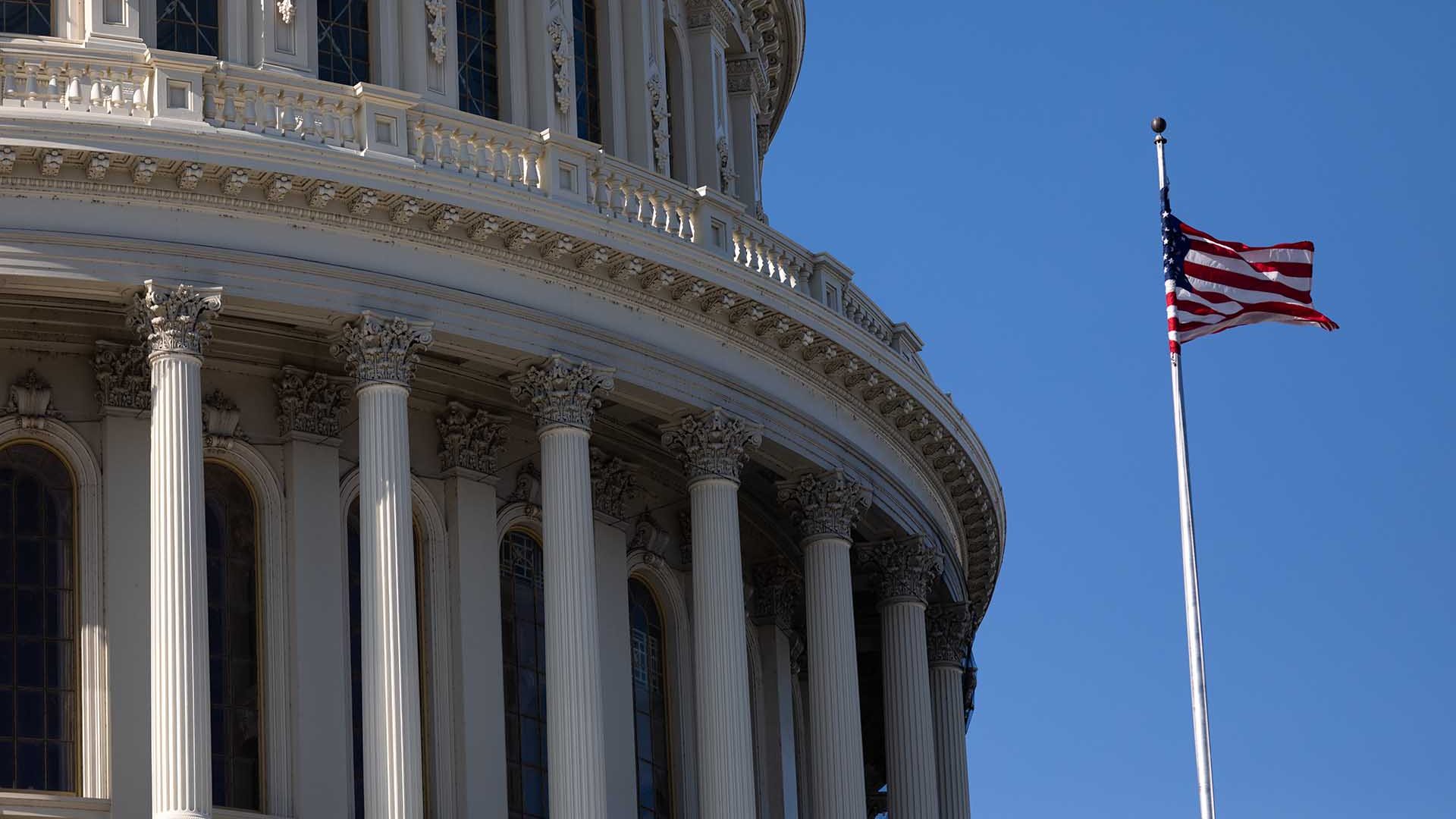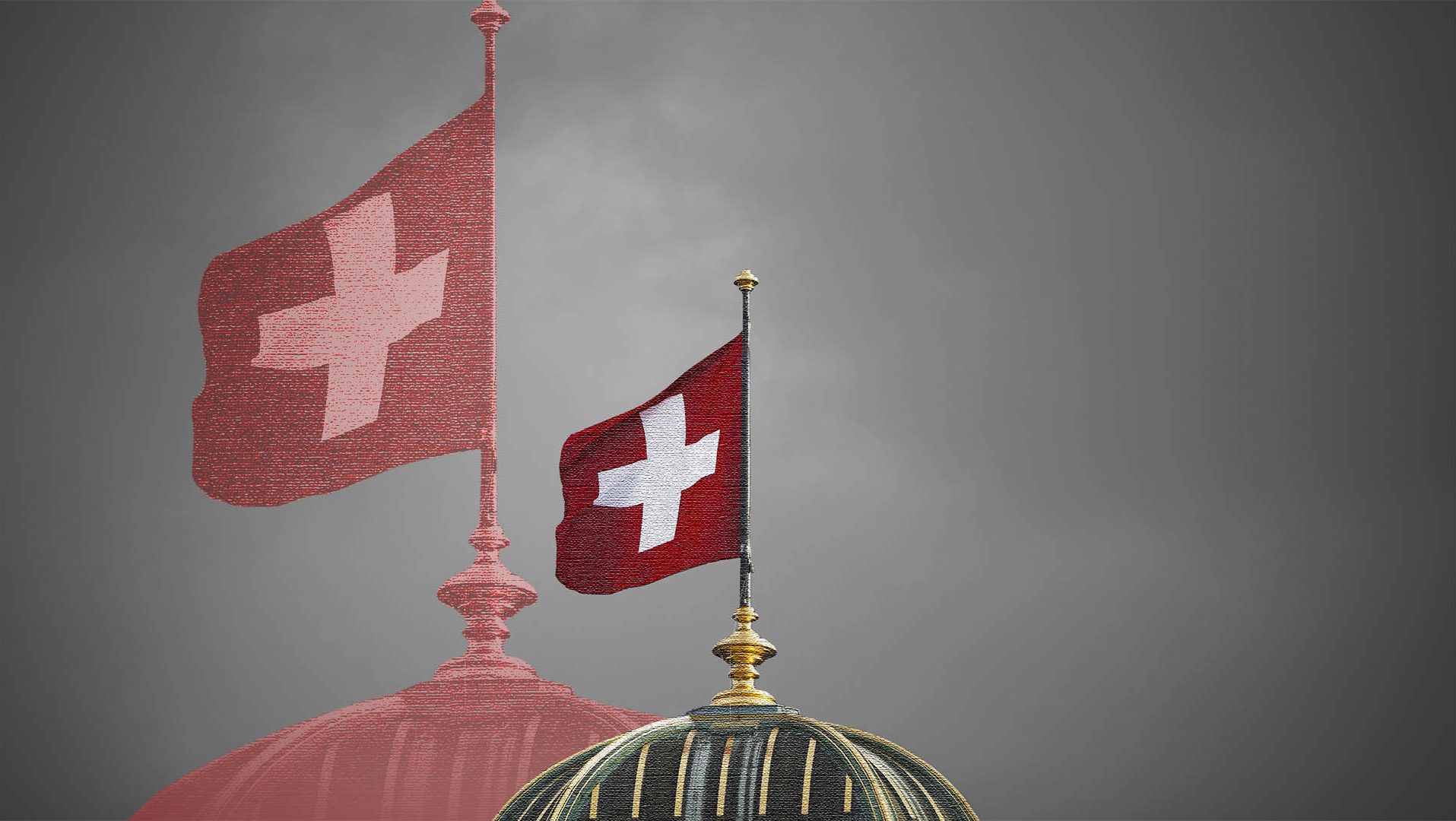European Union and United States lawmakers are proposing reforms in response to the Pandora Papers, a global investigation of offshore secrecy led by the International Consortium of Investigative Journalists.
On Wednesday, the European Commission’s head of taxation Paolo Gentiloni said the commission will push for new legislation to crack down on tax avoidance following the Pandora Papers.
Gentiloni vowed to push for laws that will “tackle the misuse of shell companies for tax purposes” without providing specifics, according to Reuters. Included among the proposals would be new rules to expand the categories of information that would be automatically shared among tax authorities of various countries, according to Reuters.
He also said the EU would propose new rules “on the publication of effective tax rates paid by some multinationals.”
In the U.S., lawmakers said they will respond to the Pandora Papers with new legislation targeting financial professionals and other businesses that move dirty money for corrupt clients.
The proposed measure would require lawyers, accountants, real estate professionals, trust administrators, art dealers, financial advisers and public relations professionals to do more to make sure they aren’t helping to launder money.
“Disclosures within the Pandora Papers are the clearest demonstration yet of the historic threat posed by foreign corruption,” U.S. representatives Tom Malinowski and John Curtis said in a joint statement. “Billions of dollars of dirty money belonging to adversarial actors are flooding the United States.”
The bill is expected to be formally introduced into the U.S. Congress on Friday.
The Pandora Papers reporting, based upon a cache of more than 11.9 million documents obtained by the International Consortium of Investigative Journalists, spanned more than 110 countries. Political fallout from the investigation has continued to reverberate across multiple continents.
The chairman of a Czech Senate commission called on Wednesday for investigations into the offshore deals of Czech Republic Prime Minister Andrej Babis’ exposed in Pandora Papers reporting. The ICIJ investigation shows that Babis secretly bought a lavish estate in the French Riviera estate using offshore companies. He has denied wrongdoing.
Public procurement commission leader Lukas Wagenknecht said Babis’s conduct “bears signs of the criminal act of failure to abide by the duty to record transactions in the tax system,” according to Czech press reports. The commission will ask the Czech National Bank to examine the prime minister’s transactions, according to media reports.
In Brazil, a congressional chamber voted to call Economy Minister Paulo Guedes to answer questions before the legislature on the Pandora Papers revelations on Guedes’ offshore activities, according to press reports. Guedes’s hearing has not yet been scheduled.
In Peru, the special prosecutor leading the investigation into the bribery case known as Operation Car Wash said he would request new statements from former President Pedro Pablo Kuczynski. The prosecutor said authorities needed Kuczynski to clarify the role of a BVI company he created while he was Minister of Economy. The prosecutor said the company was used to transfer money secretly and Kuczynski never included it in his declarations of assets.
In Paraguay, a criminal complaint was filed against former president Horacio Cartes, alleging he violated the law when he failed to include an offshore company in his declaration of assets while he was president. The president of the Paraguay’s Liberal Party filed the complaint.
ABC Color reported that Cartes operated a Panamanian company incorporated in 2011 but didn’t disclose it in his declarations of assets while he was president. Cartes amended his declaration to include the company after receiving questions from reporters in September.
Meanwhile, some politicians and elected officials are asking Colombia’s tax chief Lisandro Junco to resign, after a Pandora Papers investigation from El Espectador and CONNECTAS revealed his offshore dealings.
The ICIJ partners reported that documents in the Pandora Papers leak linked Junco to a company in Delaware, an account in Cyprus and a virtual office in London managed through a provider based in Dubai. Junco responded that he publicly declared the Delaware company, which he moved to Florida in 2016. The company only operated a savings account in Miami, where he planned to study, he said. He denied having assets in Cyprus and London and said in a statement posted on Twitter that the U.S., Cyprus and London are not considered tax havens by Colombian authorities.
The Pandora Papers exposed the key role of Swiss advisers in the global offshore financial system. In the aftermath of the revelations, politicians with the Swiss Socialist Party proposed reforming the anti-money laundering law and extending due diligence requirements to consultants, notaries and lawyers — a proposal that the Swiss parliament had rejected in March.
In Indonesia, the Financial Transaction Reports and Analysis Center, known as PPTAK, said it’s examining the Pandora Papers reporting and will compare it with their own database, according to Tempo magazine, an ICIJ partner. “If based on the pairing, there are strong indications that the people have acted against the law or their financial profile does not correspond to their tax obligations, then the PPATK will provide the authorized agency with the result of our analysis,” the agency’s chief, Dian Ediana Rae, reportedly said. The move is significant in part because Indonesian Coordinating Minister for Economic Affairs Airlangga Hartarto and Coordinating Minister for Maritime Affairs and Investment Luhut Binsar Pandjaitan are named in the Pandora Papers reporting by Tempo.
Meanwhile, a growing list of tax authorities around the world are joining officials in more than a dozen countries in vowing to take action on the Pandora Papers findings.
The Australian Tax Office on Wednesday froze more than $80 million in assets and companies linked to developer Jim Raptis that the Australian Financial Review reported on in the Pandora Papers. The newspaper said the ATO had previously alleged that Mr Raptis, members of his family and associated entities, were involved in “tax avoidance arrangements”.
In the U.K., Chancellor Rishi Sunak pledged that the country’s tax authorities would scour information from the Pandora Papers to examine whether any violations had occurred. “As you’ve seen from the [Pandora] papers, it’s a global problem,” Sunak said. “There’s a global dimension to it and we need other countries to cooperate with us to tackle this, but we’re determined to do that.”
Tax authorities in Argentina and Chile said this week that they would investigate offshore dealings revealed in the Pandora Papers.
France’s economy minister said his agency would examine whether French residents are revealed in the Pandora Papers. “If French tax residents were to be involved in abusive tax schemes, the general directorate of public finances, at my request, would immediately take the necessary steps in connection with the justice system to recover all amounts due,” Bruno Le Maire said.




